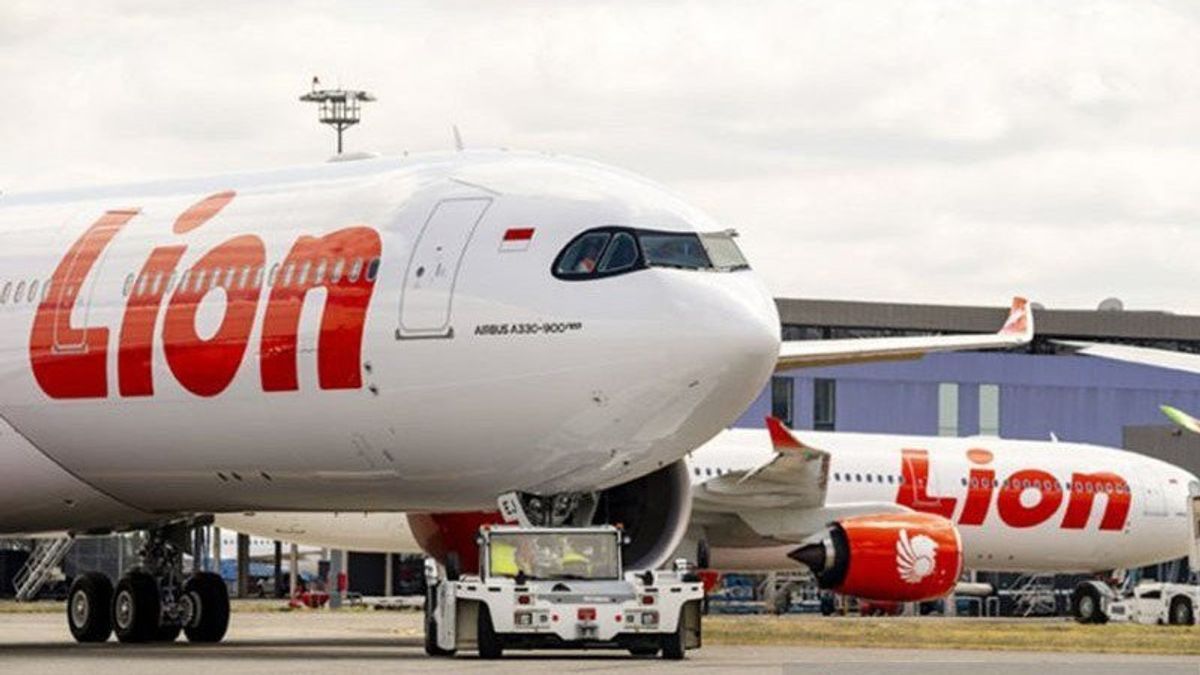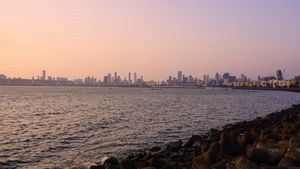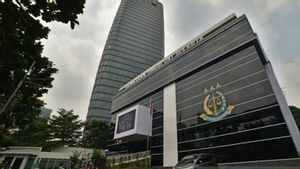JAKARTA - Extreme weather is predicted to continue to spy on the skies of a number of areas in Indonesia. In anticipation of this extreme weather, Lion Air Group will rely on weather forecasts issued by the Meteorology, Climatology and Geophysics Agency (BMKG).
Lion Air Group provides an explanation that in serving scheduled passenger flights (regular flights), certain charter flights, and cargo transportation, operations still prioritize safety, security, comfort and according to health protocols.
Corporate Communications Strategic of Lion Air Group Danang Mandala Prihantoro said, before flying, pilots must pay attention to natural factors such as weather, rain, wind from other BMKG data in anticipation of the impact of bad weather on air transportation.
Furthermore, Danang said the weather prediction would determine the aircraft's permit to take off or take off. Actual weather conditions, necessary before, when the plane takes off, to the landing process. This is to ensure safety.
Every Lion Air Group flight must always pay attention to the natural and meteorological factors of BMKG which produce detailed, fast, precise and accurate data and information. Lion Air Group always carries out monitoring (monitories) on the latest developments from the weather and uses weather information to make decisions based on reports and official notifications," he told the media, Thursday, December 29.
In addition, continued Danang, visibility factors, direction or strength or wind speed and others must also meet flight safety requirements.
"The weather that affects flight delays, cancellations, diversions and recovery (recovery) is always carried out analysis and evaluation (operational assessments)," he said.
Danang said the various strategies implemented include using a structured and sustainable system between rotation (aircraft movements), operational teams and quick-action decisions to determine the operational series that occur in the field (irregularities), to unravel the impact of flight delays due to unfavorable weather.
"Guidelines and procedures on a priority scale have been set to manage weather levels and impacts or disturbances. The priority matrix of weather analysis based on actual time is one of the references or the basis for supporting operational smoothness," he explained.
Aircraft Pilots and Technology
Danang also emphasized that all Lion Air Group pilots must undergo training through testing and strict assessments in simulators to operate aircraft with various scenarios including unfavorable weather. This is an effort to prioritize operations at a safe and safe level.
The simulator training facility has been operated by Lion Air Group located at Mas Airport, Tangerang. The Lion Air Group Simulator Training has official approval from the Indonesian government, as well as international aviation authorities. Starting from Malaysia, Thailand, Singapore, the Federal Aviation Administration (FAA) in the United States) and the European Aviation Safety Agency (EASA) in Europe.
In ensuring safety, continued Danang, pilots are professionals who have carried out a series of serious trainings so that they are able to carry out the profession of piloting an airplane. One of the tasks of pilots in the air, must monitor developments or weather changes.
"The types of clouds and the direction of the wind are so that the plane's movement when in the air remains stable according to the airways," he said.
In addition, Danang said the pilot's performance was supported by equipment for weather detection, wind, clouds and others which were classified as sophisticated, so that they could monitor the weather, temperature and air pressure appropriately.
"And pilots can take advantage of communication needs and decide quickly according to the pilot's work guidelines," he explained.
The English, Chinese, Japanese, Arabic, and French versions are automatically generated by the AI. So there may still be inaccuracies in translating, please always see Indonesian as our main language. (system supported by DigitalSiber.id)













